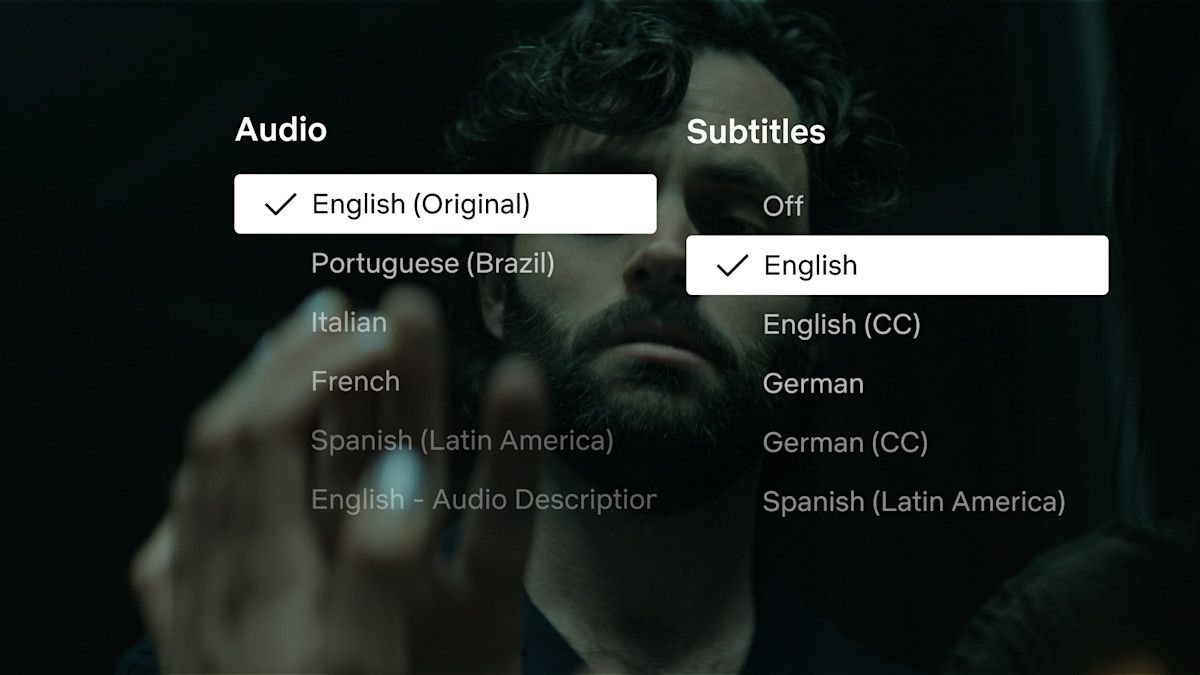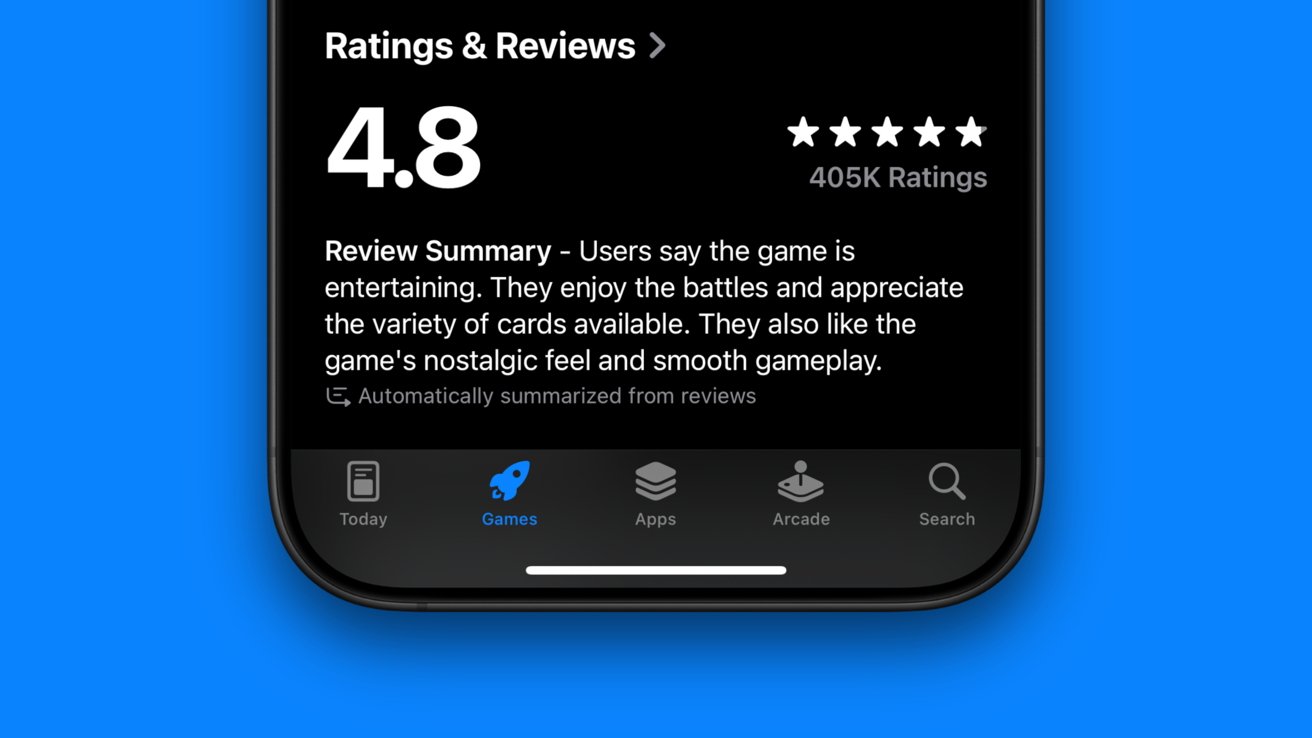Google Chrome wont phase out third-party cookies after all
Google announced it is completely backtracking on its plans to end third-party cookies in Google Chrome.


Google is currently in the midst of a major antitrust trial (make that two antitrust trials, actually), which may result in the company being forced to sell off its popular web browser, Google Chrome. However, the search giant made a major, unrelated Chrome announcement earlier this week:
Google is abandoning its plans to drop third-party cookies from Chrome.
Back in January 2020, Google made a big announcement that was welcomed by privacy advocates. The company said it planned to completely eliminate third-party cookies within its Chrome web browser over the next two years. Now, more than five years later, those plans have been scrapped entirely. Last year, Google hinted it might keep the cookies but make it easier for users to opt out, but now the company has even backtracked from this middle ground option.
"We’ve made the decision to maintain our current approach to offering users third-party cookie choice in Chrome, and will not be rolling out a new standalone prompt for third-party cookies," wrote Google Privacy Sandbox VP Anthony Chavez in a blog post on Tuesday. "Users can continue to choose the best option for themselves in Chrome’s Privacy and Security Settings."
The verdict is clear: third-party cookies are here to stay for most Chrome users.
What is an internet cookie?
An internet cookie is basically a small file that is saved to your computer when you visit a website. Cookies store relevant user information in order to enhance a users' experience. When a website remembers your login details or an e-commerce store already has your last shopping cart saved, that's thanks to the cookie stored in your web browser.
Third-party cookies, however, are internet cookies that share this user data with a party separate from the website the user is actually visiting. Third-party cookies are commonly used by advertisers. For example, when a user searches for a product online and then finds ads for that product on Instagram, that's due to a third-party cookie.
"Third-party cookies allow companies to build detailed profiles of your online activities, which can be used for targeted advertising or sold to the highest bidder," digital rights group Electronic Frontier Foundation (EFF) explained in a post last year. "The consequences are far-reaching and deeply concerning. Your browsing history can reveal sensitive information, including your financial status, sexual orientation, and medical conditions. Data brokers collect and sell this information without your knowledge or consent."
Google already signaled it was heading in this direction in 2024. The company said that it would find a middle ground in its internet cookie strategy so as to avoid disrupting third-party advertising. And don't forget that Google itself is a massive advertising technology company. Too big, in fact, a judge recently ruled.
Back in 2024, Google said it would provide new features that would provide users with more transparency and the ability to make informed opt-out choices about third-party cookies.
Now, Google has scrapped those plans and will keep third-party cookies without any changes.
How does this affect the rest of the web?
Web browsers like Mozilla's Firefox and Apple's Safari already block third-party cookies by default, so Google Chrome would have just been playing catch-up. However, Chrome makes up a whopping 66 percent of the global web browser market share, so most internet users are still exposed to third-party cookies thanks to Google.
Previously, Google set up its Privacy Sandbox initiative specifically to offer alternative solutions to third-party cookies for developers and online advertisers. However, even this was met with criticism, as Google would continue to track users in Chrome for its own advertising purposes. (Just this week, Google was found to be "engaged in a series of anticompetitive acts" with its ad products.)
Google's decision to reverse course on third-party cookies will likely be welcomed by online advertising companies, though some have already been looking for alternatives.
"While we expect to see marketers continue to rely on third-party cookies indefinitely for reach, we also expect an increased emphasis on tools that can incorporate the third-party cookie alongside newer destinations and experiences," said Travis Clinger of data platform LiveRamp in a statement to Mashable. “Consumer preferences for privacy and personalization, and marketers’ demand for better performance, have already lessened the popularity of third-party cookies."
But Google clearly heard enough support for third-party cookies from the digital ad industry to change its mind.
"As we’ve engaged with the ecosystem, including publishers, developers, regulators, and the ads industry, it remains clear that there are divergent perspectives on making changes that could impact the availability of third-party cookies," Chavez said in the post announcing the decision.
So, it seems third-party cookies are here to stay in Google Chrome. That is, unless the judge in Google's antitrust trial decides Google must sell off Chrome. Then, a new potential owner (like, say, ChatGPT-maker OpenAI) could follow Firefox and Safari's lead and rid Chrome of third-party cookies once and for all.










































































































































